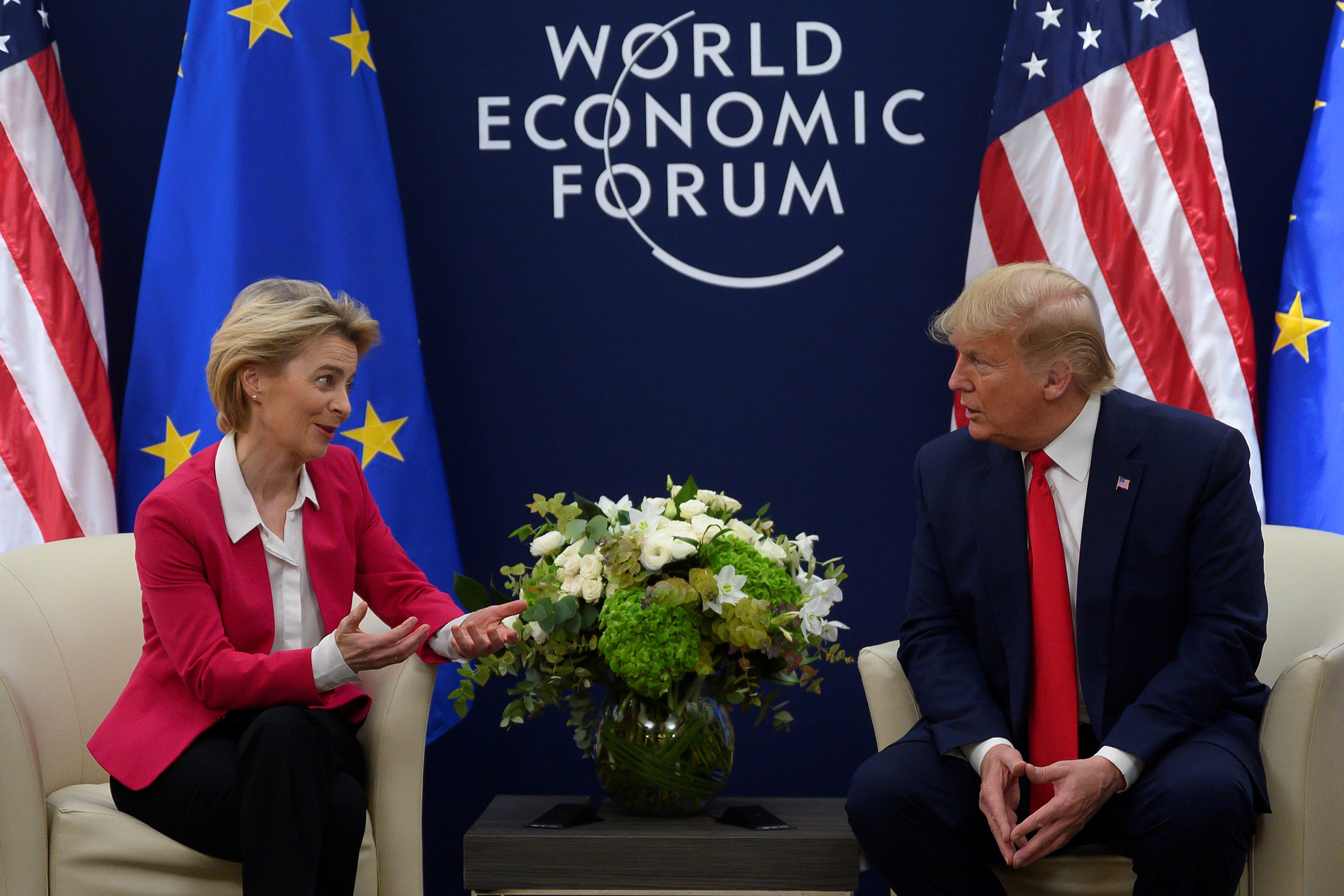As President-elect Donald Trump prepares to take office, the European Union is reviewing U.S. sanctions against Russia amid fears that Trump might repeal them, potentially undermining EU trade relations and initiatives.
Europe Rethinks Russia Strategy Over Fears Trump Will Cut Sanctions: Report

Key Takeaways:
- The EU is reviewing U.S. sanctions on Russia due to concerns Trump may repeal them.
- Rescinding Biden-era executive orders could hinder EU trade relations and initiatives.
- Trump’s skepticism toward sanctions raises concerns about future U.S.-EU coordination on Russia.
- Legislative restrictions may limit Trump’s ability to unilaterally revoke sanctions.
- Changes in U.S. sanctions could impact the Russia-Ukraine conflict and Europe’s strategic position.
EU Reviews U.S. Sanctions Amid Concerns Over Trump’s Stance
As President-elect Donald Trump prepares for his inauguration on January 20, the European Union is reviewing U.S. sanctions placed on Russia by President Joe Biden. According to the Financial Times , citing senior officials in Brussels, this review is prompted by fears that Trump may repeal these sanctions upon his return to the White House, potentially hindering trade relations and undermining EU initiatives.
Assessing the Impact of Potential Policy Changes
The EU’s review aims to establish how rescinding Biden-era executive orders could affect Europe’s strategic interests. In addition to sanctions against Russia, Biden’s directives on trade and cybersecurity are also being evaluated for potential consequences if reversed.
Trump’s Skepticism Toward Sanctions
Trump has expressed skepticism regarding the effectiveness of sanctions. During a July interview with Bloomberg , when asked whether easing sanctions on Russia could be part of his proposed peace plan, he said: “So what we’re doing with sanctions is we’re forcing everyone away from us. So I don’t love sanctions.” This stance has raised concerns among European leaders about the future of coordinated efforts to pressure Russia.
Implications for the Russia-Ukraine Conflict
The potential rollback of U.S. sanctions comes at a critical time for the Russia-Ukraine conflict. Kyiv’s heavy reliance on U.S. aid, combined with skepticism in the Trump camp regarding high levels of spending on this assistance, has led to fears that Trump’s return could jeopardize Ukraine’s defensive efforts. Changes in U.S. sanctions policy could undermine the broader effort by Ukraine’s allies to impede Russia’s military-financing capabilities.
Legislative Obstacles to Repealing Sanctions
Despite these concerns, experts note that legislative restrictions may limit Trump’s ability to unilaterally revoke sanctions. The Countering America’s Adversaries Through Sanctions Act, reluctantly signed into law by Trump in August 2017, limits the president’s authority to remove sanctions on countries such as Russia.
“While G7 partners’ concerns about the potential for the United States to lift its sanctions targeting Russia are valid, there are several procedural hoops the next administration would need to jump through,” wrote Daniel Tannebaum, a senior fellow at the Atlantic Council, in a November article.
Calls for European Leadership
Analysts emphasize the need for Europe to take a more assertive role in maintaining sanctions against Russia. Tom Keatinge, director of the Centre for Finance and Security at the Royal United Services Institute, wrote in a November column for the Kyiv Independent : “Europe has had three years to get match-fit on sanctions, and while the application of sanctions may be a marathon, not a sprint, changes in the White House mean that Europe can no longer jog behind Uncle Sam. It’s time for Europe to shed its timidity and show what it has learned.”
Jeremy Pizzi, legal adviser at Global Rights Compliance, expressed concerns about the potential implications of a U.S. policy shift. He told Newsweek : “If the United States turns its back on Ukraine, it invites chaos onto its own doorstep by risking the dismantlement of the international legal framework that has contributed to unprecedented levels of global peace and stability for nearly eight decades.”
Preparing for Potential Changes
As uncertainty looms over the future of U.S. foreign policy toward Russia, the EU’s proactive review reflects a desire to safeguard its interests and support for Ukraine. Europe’s leaders are bracing for shifts in international dynamics and are preparing to navigate a complex geopolitical landscape.











